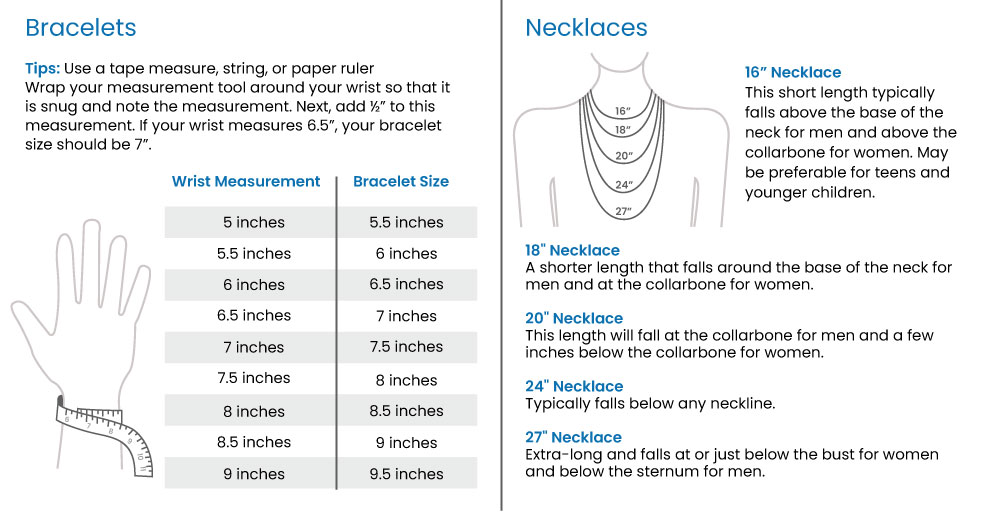The Essentials of a Medical ID
As we recognise August as Medical ID Awareness Month, it’s the perfect time to highlight the lifesaving importance of wearing a medical ID. Whether you live with a chronic condition, have allergies, take medications, or simply want added peace of mind, knowing, wearing, and sharing your medical information can make all the difference in an emergency.
Medical professionals and healthcare organisations worldwide recommend medical IDs for anyone managing one or more health conditions. Wearing a medical ID at all times offers reassurance that, in a crisis, responders will be alerted to your medical history and can act accordingly.
In fact, 95% of emergency responders look for medical IDs on the wrist or neck. This simple accessory can provide critical details that help prevent misdiagnosis, avoid harmful drug interactions, and guide safer, faster treatment—when every second counts.
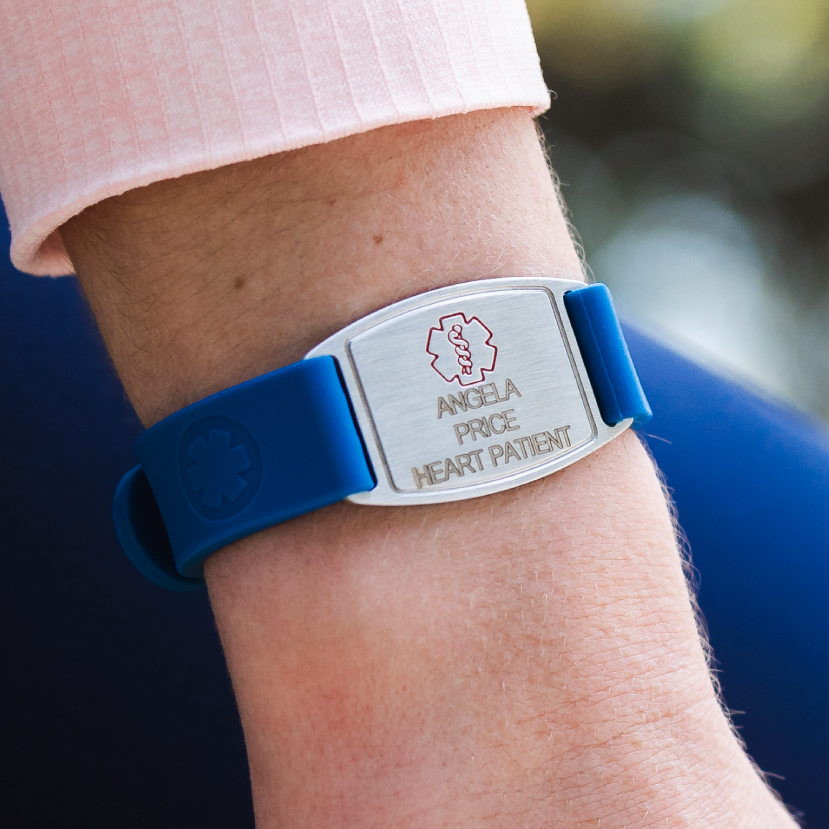

What is a medical ID?
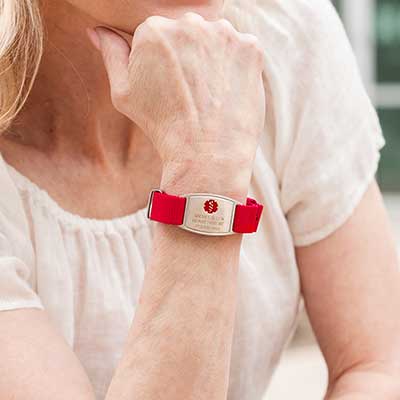

Medical alert bracelets and necklaces contains your unique medical information, such as conditions, allergies, medication, and more. In the event of an emergency, first responders are trained to search their patient’s wrist and neck for a medical ID bracelet or necklace that contains relevant medical information.
What are medical IDs used for?
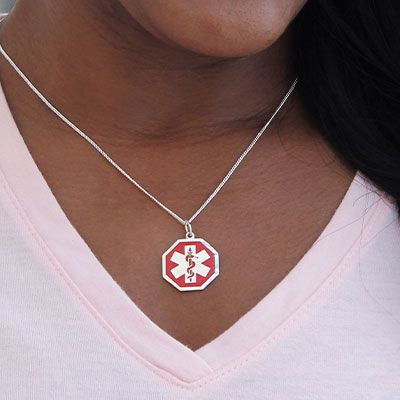

Medical IDs protect you in emergencies by sharing key health information when you can’t. They speak for you when you're unable to explain your medical needs.
Who should wear a medical ID?
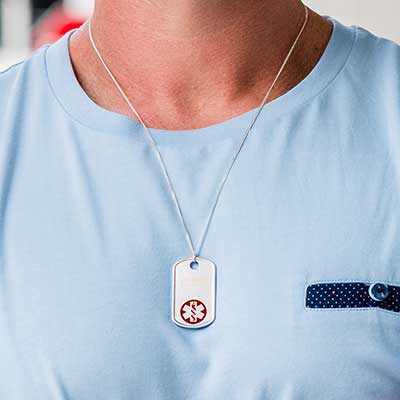

Medical alert bracelets and necklaces are recommended for anyone with medical conditions, allergies, medications, or emergency instructions—especially those who may have difficulty communicating, like children or individuals with autism or other disabilities.
A person who is living with the following health issues should wear a medical ID.
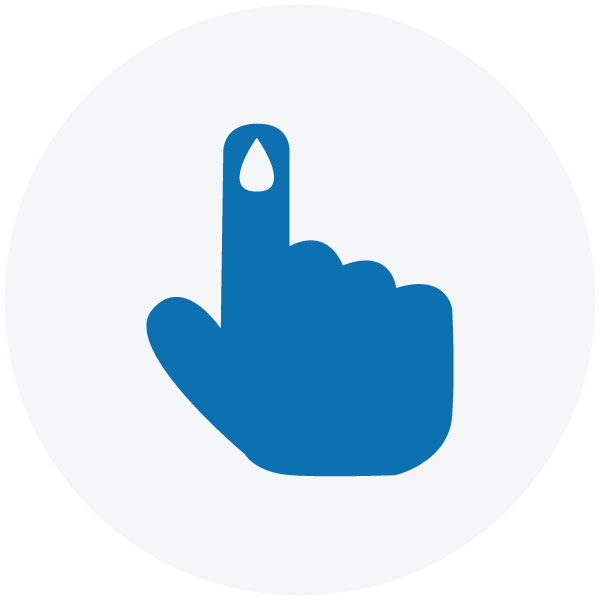

Chronic disease, illness, or any medical condition - Many medical conditions come with a doctor’s recommendation to wear a medical ID.


Food allergy – Food allergies including to nuts, dairy, fish, or shellfish can trigger severe reactions like anaphylaxis. The AAFA recommends wearing a medical ID as part of allergy management.
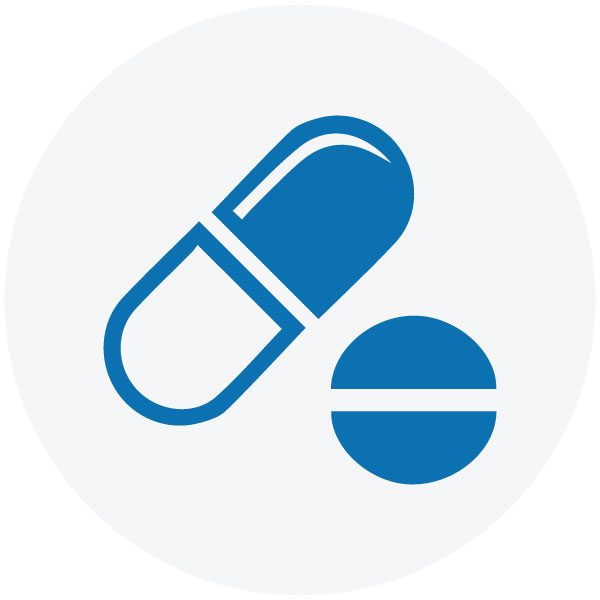

Drug allergy – Medications like penicillin can cause allergic reactions. A medical ID alerts others to your allergy and helps prevent accidental exposure.


Allergy to stinging insects like bees and wasps – Insect stings can cause life-threatening reactions in those with allergies. A medical ID helps identify the allergy and needed treatment if you're unable to speak.
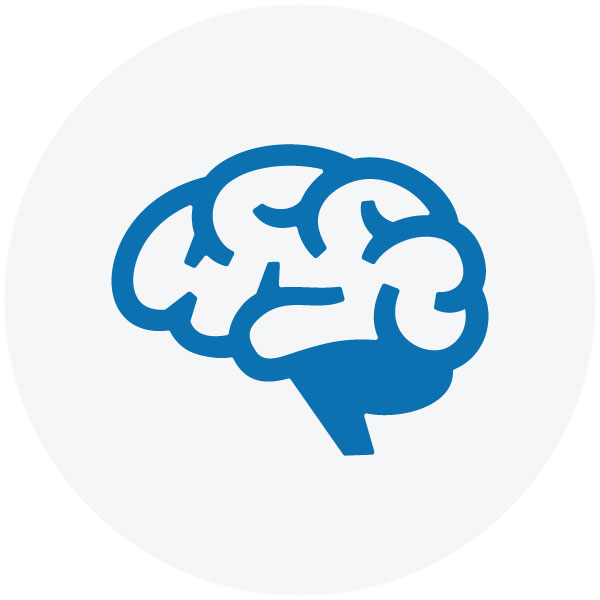

Mental health issues and illnesses - In emergencies, a medical ID alerts responders to mental illness, helping prevent misdiagnosis and guide appropriate care.
Tips for Engraving a Medical ID
Your Name
Including your name on your medical ID helps responders quickly identify you and start treatment. Caregivers may also add their name. Full names aid faster access to records, but some prefer just a first name or initial for privacy or style.
Your Medical Conditions
Engraving chronic conditions on your medical ID is crucial, especially those affecting emergency treatment like diabetes, epilepsy, heart issues, or asthma. This info helps first responders provide proper care.
Your Allergies to Food, Insect, Metals, Medication, Etc.
Engrave any allergies on your medical ID, as you may be unable to speak during a reaction. Common allergies include foods, medications like penicillin, and insect stings.
Your Medications
Regularly taken prescription medications should be engraved on your ID to help prevent harmful drug interactions.
Your Emergency Contact Information
We recommend adding an ICE (In Case of Emergency) contact on IDs—especially for children, people with autism or dementia, or those with caregivers. Choose someone reachable and nearby, like a parent, relative, doctor, or friend. Be sure their phone number is current and stable.
Vist our engraving tips page for more guidance on what to include on your medical ID.
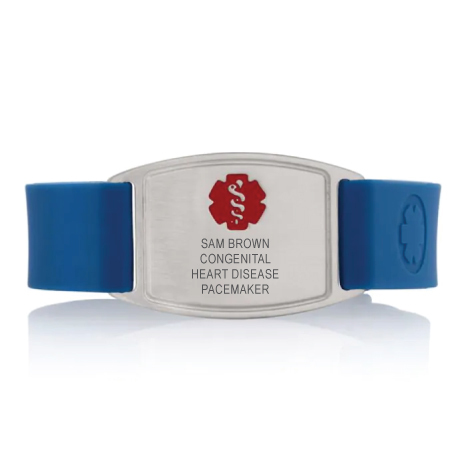

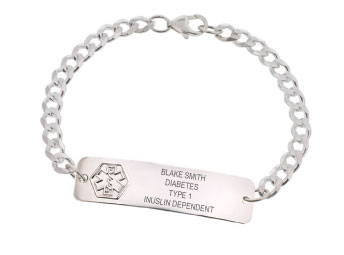

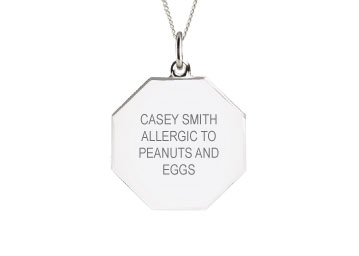

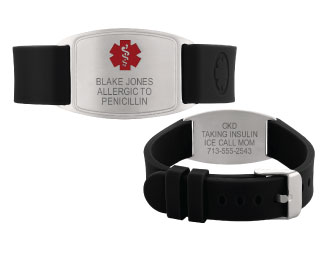

Questions?
Still can’t decide if you need a medical ID? Check out our FAQ page. You can also reach us for help in choosing a medical ID for yourself or loved one.

 - US
- US  - Canada
- Canada  - Australia
- Australia 
